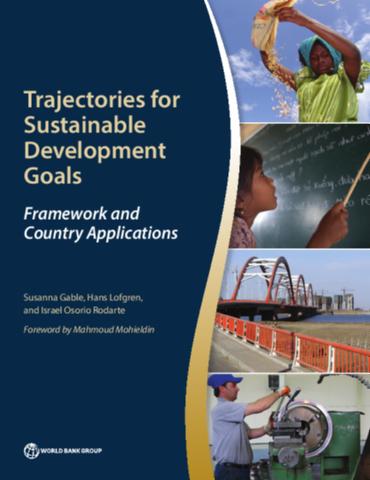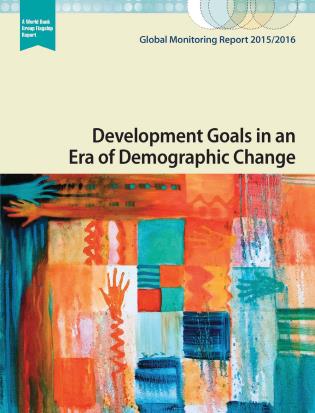This book chapter advances SDG 11, 15 and 9 presenting the role of adaptation of buildings in the context of climate change, the consequent implications on buildings in various climatic zones, and the possible strategies that need to be evaluated.
Businesses with a year-end of 31 March 2016 were the first ones required to publish their modern slavery and human trafficking statements to comply with the UK Modern Slavery Act. One year later, several reports have measured and scrutinised the quality of businesses' modern slavery statements.
SDG target 8.7 is to take immediate and effective measures to eradicate forced labour, end modern slavery and human trafficking and secure the prohibition and elimination of the worst forms of child labour, including recruitment and use of child soldiers, and by 2025 end child labour in all its forms.
To mark US Independence Day 2017, LexisNexis Legal & Professional has released new data for 98 countries indicating that the stronger a country’s rule of law, the greater it performs against measures of life expectancy, civil liberty, and happiness. This helps to demonstrate how SDG 16 Peace, Justice and Strong Institutions underpins all of the SDGs.
This book chapter advances SDGs 3 and 10 by providing a summary of recent studies of the relation of poverty to chronic kidney disease and related outcomes.
This book chapter advances SDGs 3 and 10 by ensuring equitable access to medications, technologies and clinical care are central to service delivery for effective screening, prevention and kidney disease management.
Elsevier,
Gopalakrishnan, Varsha and Bakshi, Bhavik R., "Including Nature in Engineering Decisions for Sustainability", Editor(s): Martin A. Abraham, Encyclopedia of Sustainable Technologies, Elsevier (2017), Pages 107-116
Through the practice of biomimicry, engineering can both emulate and conserve the natural world. In this chapter, the author notes that our development practices have often "ignored or undervalued" nature, and describes the ways in which we can aim to build systems that are self-sustaining and resilient, much like earth's ecosystems. This chapter advances SDGs 7, 11 and 13.
This book presents the country development diagnostics post-2015 framework, developed by the World Bank Group to assess the country-level implications of the post-2015 global agenda, as well as brief, ‘at-a-glance’ applications of the framework to ten countries: Ethiopia, Jamaica, the Kyrgyz Republic, Liberia, Nigeria, Pakistan, Peru, the Philippines, Senegal, and Uganda.
Partner content
The 2015/2016 Global Monitoring Report, produced jointly by the World Bank and International Monetary Fund, details the progress the world has made towards global development goals and examines the impact of demographic change on achieving these goals.
Elsevier published Sustainability Science in a Global Landscape which analysed the sustainability science research according to six themes: Dignity, People, Prosperity, Planet, Justice, and Partnership. Key data has since been updated covering 2011 to 2015 for the top 15 countries in sustainability science output.
Tourism and hospitality are labour intensive, with 8% of the global workforce employed in the sector. The critique of employment conditions in the sector is deeply rooted, low remuneration, anti-social hours, insecurity, limited access to training and poor career progression are charges regularly levelled at the industry. The World Responsible Tourism Awards showcases many examples of companies choosing to have inclusive labour practices.


